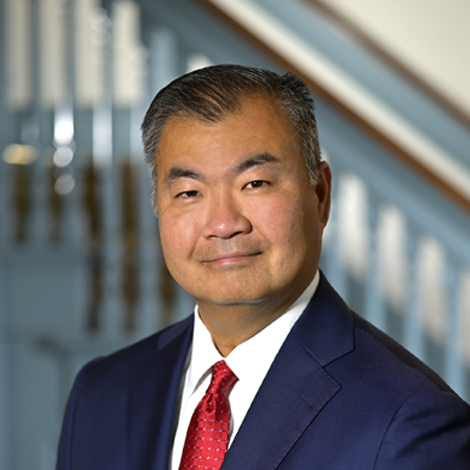JAG Lawyer vs. Military Defense Lawyer
With military legal issues, the military assigns you a Judge Advocate General (JAG) lawyer. As a result, it's similar to courts appointing a trial attorney in civil court. However, you can retain a private military defense lawyer and JAG in military court.
Our law firm is in a unique position when representing clients accused of military crimes. Military defense attorney John S. Han was a military judge for four years. He oversaw many military trials for sexual assault and other violations of military law during that period.
Han works in our Norristown, Montgomery County, PA, law office but often travels to Norfolk, VA and Trenton, NJ.
Offenses Requiring Support from a Military Defense Lawyer
Like civil offenses, military crimes range in severity. For instance, some of the most serious include desertion, espionage, fraternization, assault, battery, and fraud.
And like convictions for civilians, penalties can be severe. As such, the Uniform Code of Military Justice (UCMJ) authorizes nine types of punishment for different types of offenses:
- Punitive discharge
- Confinement
- Hard labor without confinement
- Restriction
- Reduction in grade
- Fine
- Forfeitures
- Reprimands
- Death
What's important to understand is that the UCMJ governs military trials, known as court-martials. Consequently, working with a military defense lawyer familiar with UCML procedures is essential.
The Uniform Code of Military Justice
The military justice system operates under distinct guidelines compared to its civilian counterpart. In a military trial, a military judge and a panel of military members oversee proceedings instead of the civilian jury system. In addition, the trial takes place within military jurisdiction and typically on a base.
Most importantly, the Uniform Code of Military Justice (UCMJ) is the guiding light for all military proceedings. It governs all armed forces branches.
Essential Components of the UCMJ
Enacted in 1950, it ensures that all service members adhere to the same legal standards. Some of the essential sections of the UCMJ include:
Substantive Offenses
These are the actual crimes defined by the UCMJ, such as desertion, mutiny, insubordination, and various forms of misconduct. A solid defense strategy requires the support of a military defense lawyer or JAG.
Non-Judicial Punishment (NJP)
Also referred to as Article 15, this allows commanders to discipline troops without a court-martial administratively. Penalties might include a reduction in rank, forfeiture of pay, confinement to quarters, or extra duty.
Rights of the Accused
Just as in civilian law, the UCMJ guarantees certain rights to those accused of a crime. Those rights include the right to a military defense counsel, protection from self-incrimination, and a speedy trial.
Court-Martial Procedures
The UCMJ outlines the different types of court-martial (summary, special, and general) and their respective procedures. Generally, the nature and severity of the offense dictate the type of court-martial convened.
These distinctions make working with a criminal lawyer familiar with the UCMJ critical.
Types of Courts-Martial that May Require a Military Defense Lawyer
Like a civilian court trial, a court-martial is a legal proceeding for active-duty military members. It handles serious military offenses like a felony.
However, some trials involve military and civilian courts. That happens if the crime violates military and civilian laws. As a result, a lawyer well-versed in the military justice system and civilian criminal defense is valuable in those cases.
There are three types of courts-martial:
- Summary court-martial. This is the least serious of the three options, and these proceedings handle minor incidents only.
- Special court-martial. This court-martial is similar to a misdemeanor civilian court. It can impose greater punishments than a summary court-martial, like up to 12 months of confinement. The special court-martial consists of at least three officers and a military trial judge.
- General court-martial. The most serious can involve dishonorable discharge or even the death penalty. Only specific individuals can convene this trial:
- The president
- Secretary of Defense
- Commanding office
- General or flag officer
Military Defense Lawyer in Montgomery County, PA
Call our law firm in Norristown, PA, if you need a military defense lawyer. We'll support you regardless of your location. We're uniquely qualified to help you and your case.

